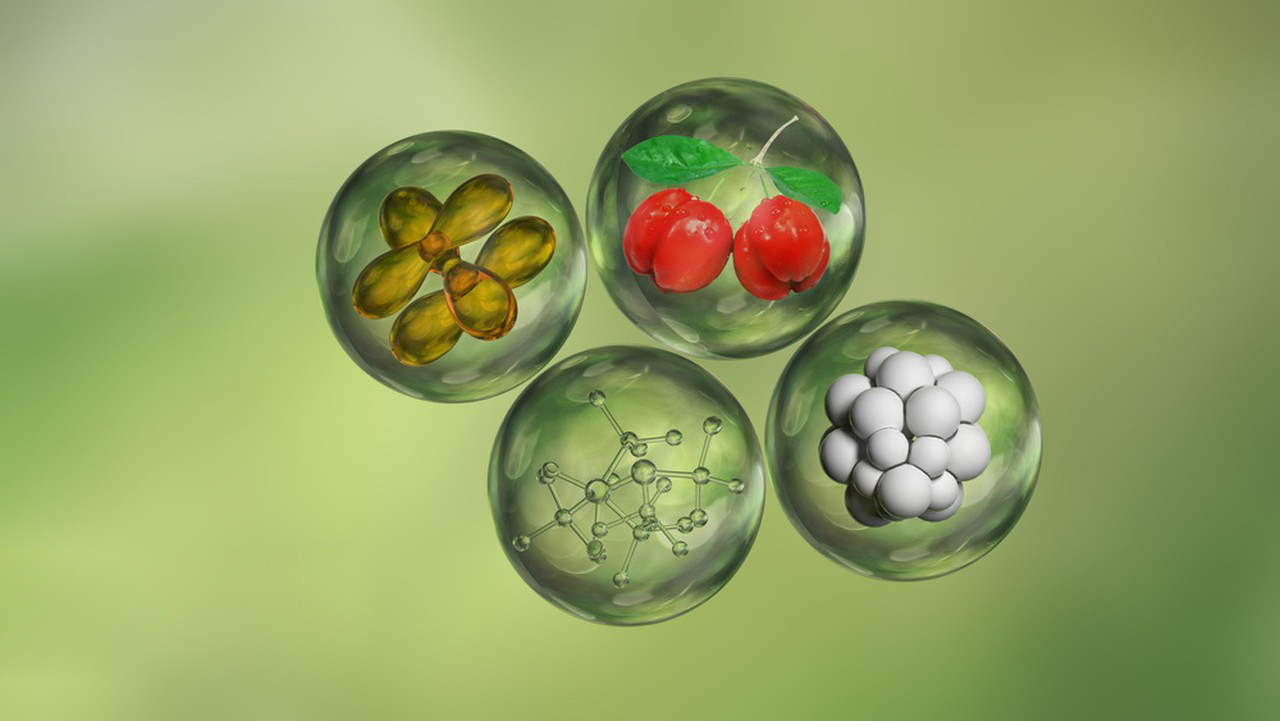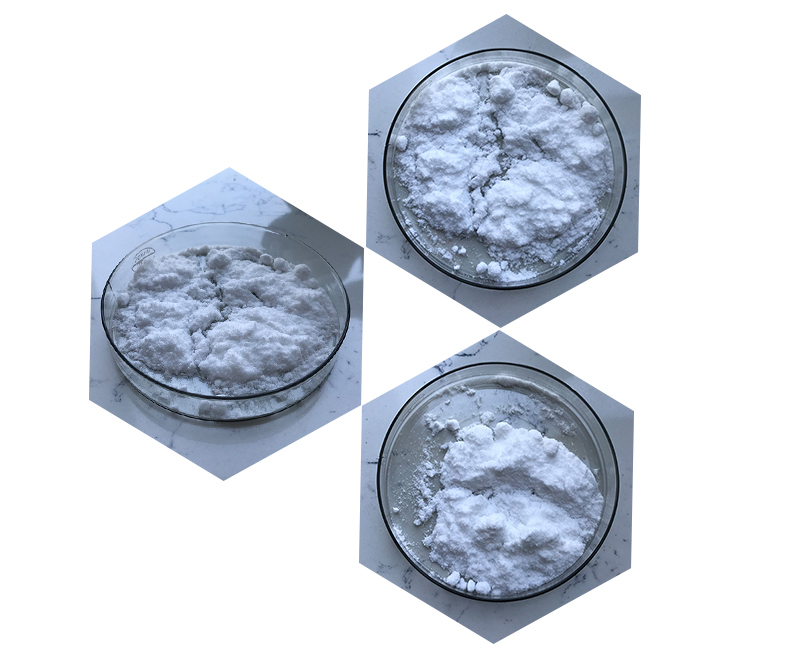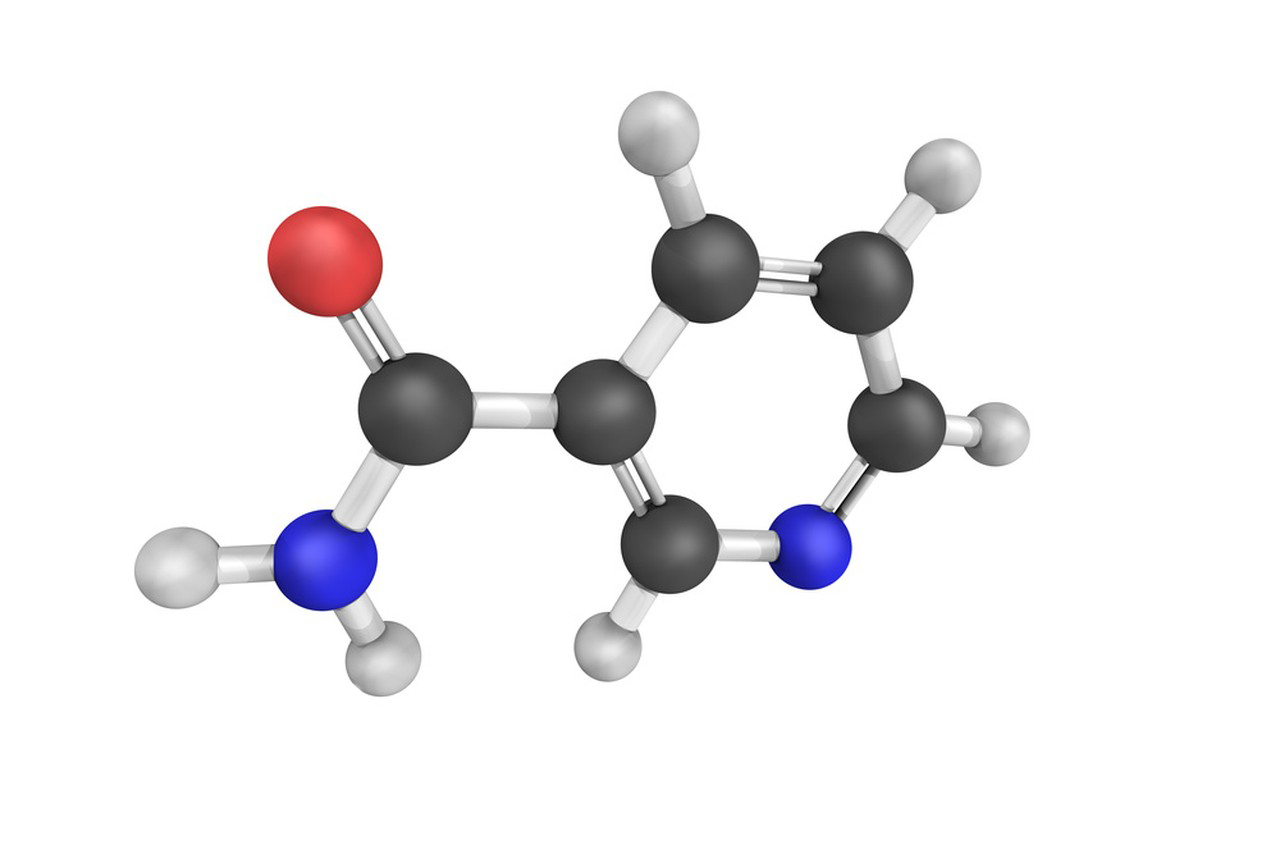Nicotinamide (Niacinamide) vs. Nicotinic Acid (Niacin)
Nicotinamide and nicotinic acid are both forms of vitamin B3 (niacin), but they have different properties and uses. Here’s a breakdown of their key differences:
1. Chemical Structure
Nicotinamide (Niacinamide): A form of niacin that has an amide group (-CONH₂) attached to the pyridine ring.
Nicotinic Acid (Niacin): A form of niacin where the carboxyl group (-COOH) is attached to the pyridine ring.

2. Functions in the Body
Both compounds are converted into NAD+ (nicotinamide adenine dinucleotide) and NADP+ (nicotinamide adenine dinucleotide phosphate) in the body, which are essential for cellular metabolism and energy production. However, they have slightly different roles due to their chemical structures.
- Nicotinamide is the amide form, and it is commonly used for cellular repair, DNA repair, and maintaining healthy skin.
- Nicotinic acid is more commonly used to lower cholesterol and to improve cardiovascular health. It has been used in clinical settings to help manage cholesterol levels by reducing LDL (bad cholesterol) and increasing HDL (good cholesterol).
3. Skin Care
- Nicotinamide (Niacinamide): Often preferred in skincare due to its anti-inflammatory, antioxidant, and barrier-repair properties. It can improve skin texture, reduce hyperpigmentation, and help with acne. It is gentler on the skin compared to nicotinic acid.
- Nicotinic acid (Niacin): Can cause skin flushing (a reddening or warming sensation) due to the dilation of blood vessels, which is why it is less commonly used in topical formulations. It may irritate sensitive skin.

4. Side Effects
- Nicotinamide: Generally well-tolerated even at higher doses. It’s less likely to cause side effects in typical oral doses.
- Nicotinic acid: Can cause flushing (reddening of the skin, itching, and a warm feeling), especially at higher doses. This is due to the dilation of blood vessels. High doses of nicotinic acid can also lead to liver damage, gastrointestinal issues, and increased blood sugar levels.
5. Uses in Supplementation
- Nicotinamide is often used in skincare products, and also in supplements aimed at supporting cellular health and energy production.
- Nicotinic acid is used primarily in cholesterol management and cardiovascular health. It’s also used in niacin supplementation for preventing and treating niacin deficiency (pellagra).
6. Dietary Sources
Both compounds are found in foods like meat, fish, poultry, and whole grains, but they are typically converted into each other in the body. Both forms are also available in fortified foods and supplements.

Summary:
- Nicotinamide (Niacinamide): Better for skin health, less likely to cause side effects, and widely used in skincare and general health supplements.
- Nicotinic Acid (Niacin): More effective for cholesterol control and cardiovascular health but may cause flushing and other side effects at higher doses.
If you’re using them for specific health concerns, such as skin care or cardiovascular health, it’s important to choose the right form based on your goals.
